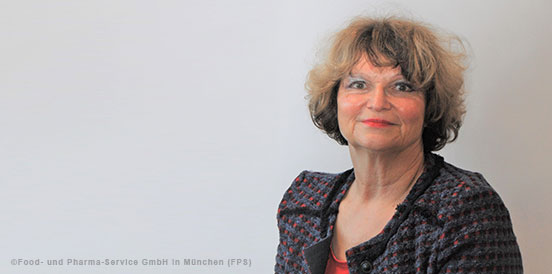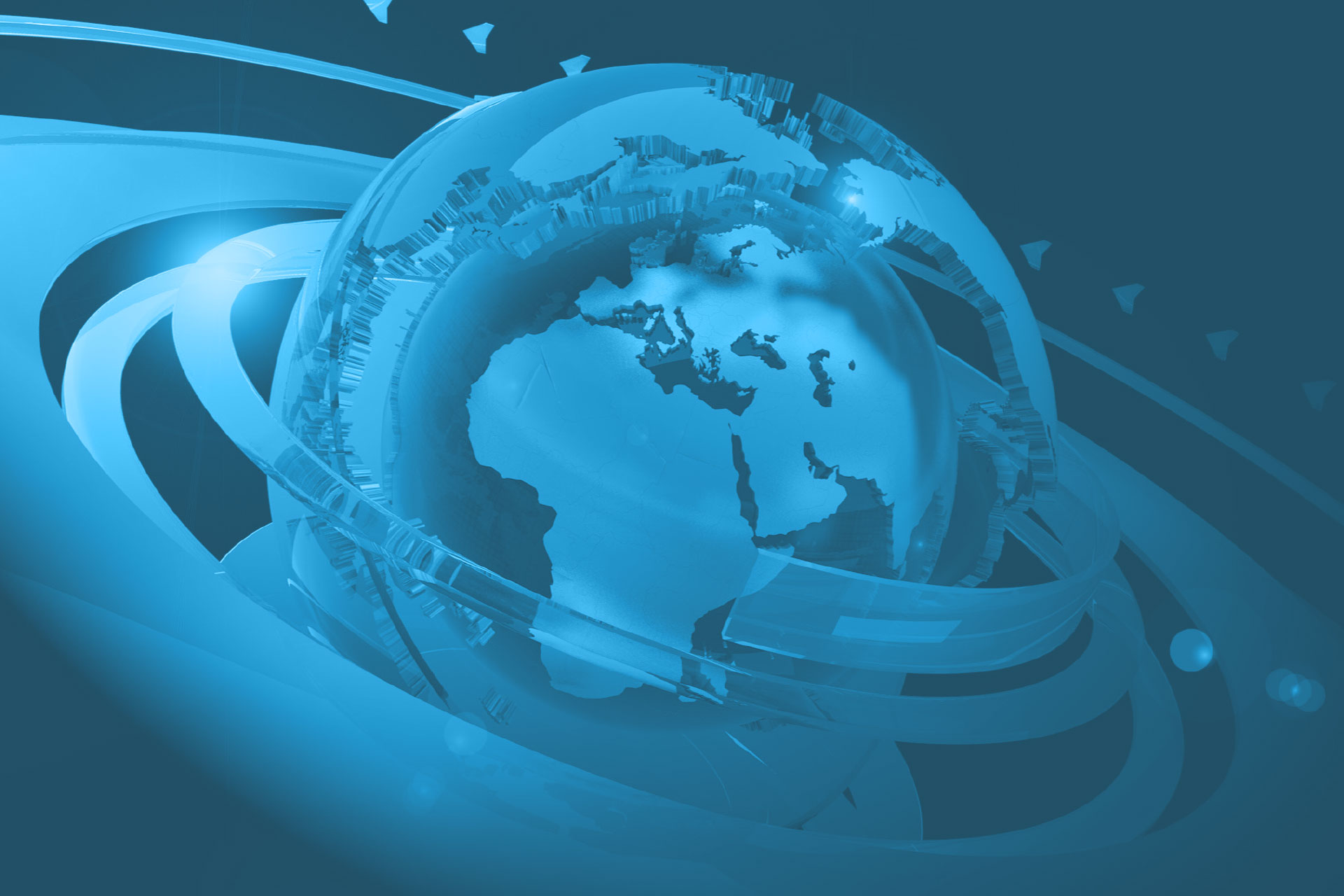Migration prevention

BDA AGENDA 21/23 | COMMENT OF THE WEEK | October 5, 2023
Prof. Dr. med. Dagmar Braun, Managing Director Braun Beteiligungs GmbH, Project Management CHEPLAPHARM Arzneimittel GmbH
As an entrepreneurial family, you are on the sunny side of life if your company is successful on the market. But being lucky or successful is a deposit on the "asset side" of life. But shouldn't everyone also think about the "passive side" of their life balance in good time?
Inevitably, the question then arises as to what opportunities there are for sustainable social engagement. The currently very acute problem of migration, particularly from Africa, quickly comes to mind. But helping refugees here is unfortunately only treating the symptoms and cannot improve the underlying problem - poverty in the countries of origin. As long as a refugee here in Germany lives on the minimum subsistence level, they can transfer up to €300 a month to their home country and use this money to ensure the survival of an entire extended family. One of the current political reactions to this is the plan to only pay benefits in kind to refugees in order to undermine this mechanism. But - shouldn't measures be taken on the "passive side" to make life on the ground in Africa more liveable?
As a family from the pharmaceutical sector, we have built a hospital in the savannah in Togo. The daily income in this region is around 1.5$ per day. Climate change is increasingly worsening this situation with ever shorter rainy seasons. In addition to the now much better health care in a catchment area of 400,000 people, the hospital has the further effect of stabilizing the living situation of around 500 people with 70 employees who have now been receiving a stable, reliable monthly income for almost 3 years. Just a small drop - but a start.
Anyone who now feels addressed, but thinks, well, this only works with such leverage in the health sector, is mistaken: as part of our association's work (DAZ eV in Stralsund), cooperatives were founded in 99 villages in the savannah, which collect honey from wild bees together. By setting up a beekeeping business and selling it as "honey of the savannah" to the financially better-off population in the capital Lomé, around 5,000 people in the poor north of Togo now have an income. Even in the dry season, especially when they, as farming families, cannot harvest anything and therefore cannot earn any money.
Another example: by drilling a well with a pump powered by solar energy, a village can be supplied with drinking water. Previously, the water had to be laboriously transported over long distances from the nearest water hole, usually by the women. And here, too, there is an additional benefit: The new village center is being built under a large solar lamp! When darkness falls at 7 p.m., the villagers usually have no light: the little wood they have is needed for cooking, and there have long been no resources for a campfire in the wood-poor savannah. Everyone now has an evening meeting point at the large solar lamp - and the children bring their school books with them and exchange ideas once again.
In this way, you can make a small contribution to improving living conditions in Africa with manageable financial resources, but a lot of passion and efficiency - and add to your individual "liabilities". Perhaps this will make the world a little better for the next generation. I would be extremely grateful for fellow campaigners or imitators, interested parties are welcome to support the existing projects or we can also generate new ideas together. More information can be found at https://www.daz-eu.de.







